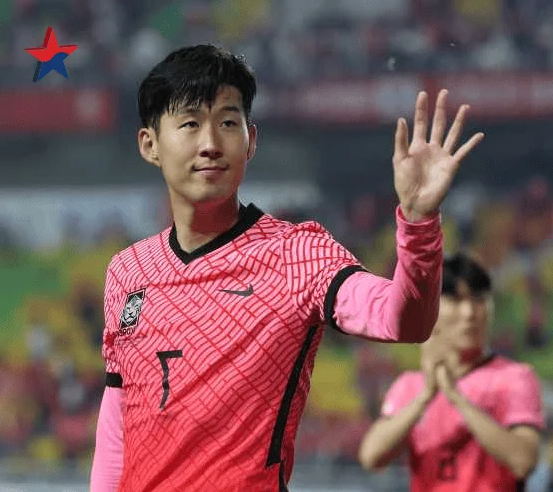In the world of sports, a significant transformation has taken place over the past few decades: the breaking down of gender barriers and the rise of women athletes. The impact of women in sports reaches far beyond the field, court, or track; it extends into society, culture, and even personal perceptions. The journey of women athletes breaking through these barriers is one of determination, resilience, and the redefinition of what it means to be an athlete.
Historically, women’s participation in sports was limited, often considered inappropriate or even dangerous. The late 19th and early 20th centuries marked a shift in this perspective, with women gradually gaining access to sports and physical activities. However, progress was slow, and it wasn’t until the latter half of the 20th century that women began to make significant strides in the sports world.
One of the most iconic moments in women’s sports history was the passage of Title IX in the United States in 1972. This legislation prohibited gender-based discrimination in federally funded educational programs, including sports. Title IX opened doors for women athletes, leading to a surge in opportunities for participation in high school and college athletics. This landmark moment not only increased the number of female athletes but also laid the foundation for the future success of women in sports.
As women athletes began to gain recognition and opportunities, they faced challenges that extended beyond the playing field. Societal expectations, stereotypes, and biased perceptions often marginalized their achievements. However, these challenges only fueled the determination of women athletes to prove their capabilities and shatter preconceived notions. Icons like Billie Jean King, who defeated Bobby Riggs in the famous “Battle of the Sexes” tennis match, and Mia Hamm, a soccer superstar, became symbols of resilience and excellence.
The impact of women in sports transcends the physical realm; it is a source of inspiration for individuals of all genders. The achievements of women athletes send a powerful message: that hard work, dedication, and talent are not limited by gender. Young girls witnessing their role models excel in sports are empowered to dream bigger and challenge societal norms. This shift in perspective is crucial in dismantling harmful gender stereotypes and fostering a more inclusive society.
Furthermore, the success of women in sports has led to important conversations about equity and representation. The fight for equal pay in sports, highlighted by the U.S. women’s national soccer team, showcases the ongoing struggle for fair treatment and recognition. These conversations prompt a broader dialogue about gender equality in various sectors and emphasize the need to address disparities in all areas of life.
Women’s participation in sports has also highlighted the importance of diverse leadership roles. As women athletes transition from playing careers to coaching, administration, and broadcasting, they bring unique perspectives and insights that enrich the sports landscape. The presence of women in leadership positions contributes to more inclusive decision-making processes and encourages a diverse range of voices to be heard.
In addition to promoting gender equality, women athletes have become advocates for social change. They utilize their platforms to address issues such as racial injustice, LGBTQ+ rights, and mental health awareness. Athletes like Serena Williams, who speaks out against racial discrimination, and Megan Rapinoe, a vocal LGBTQ+ advocate, demonstrate the potential for sports to drive meaningful conversations and promote positive change.
In conclusion, the impact of women in sports is undeniable and far-reaching. From the struggles of early pioneers to the achievements of modern-day athletes, women’s participation in sports has broken down barriers, shattered stereotypes, and inspired generations. The transformational power of women in sports extends beyond the field, as their achievements challenge societal norms, advocate for equality, and encourage inclusivity. As the journey continues, the presence of women in sports serves as a reminder that barriers can be broken, and the pursuit of excellence knows no gender bounds.




